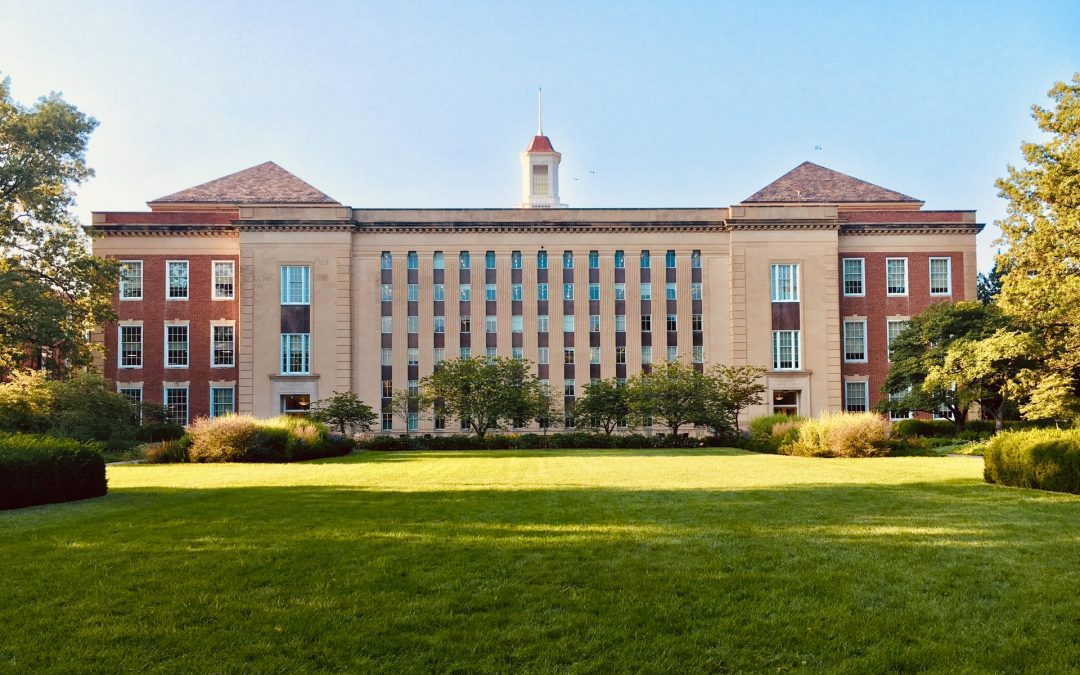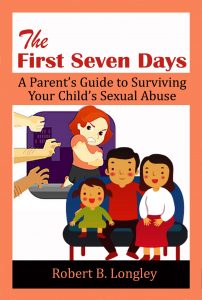
Rape on Campus
The University of Virginia is the latest college to be in the spotlight over rape on campus. Starting with the brutal rape of Hannah Graham, the media lens was already pointed at UVA. Then the Rolling Stones article about a gang rape came out that even Rolling Stones admitted contained factual errors. Now you have a situation where inaccuracies in an article bring into question the accuracy of the original report. It’s not fair. The University of Virginia is now a culturally divided campus with verbal and physical attacks against the accused and the accuser. So what’s the solution? That really depends on what the problem is.
Colleges are Artificial
Throughout most of human history education has been a community endeavor. It starts with parent to child, may evolve to a centralized community model, and often evolved into an individual mentor/apprenticeship arrangement. There was a continuum and logical path to follow through the community. Then a few hundred years ago the modern college emerged. It makes sense for a lot of reasons – specialization, consistency of information, ability to develop expertise, focus, etc. It also creates some problems in the process. You are creating a large same same age population which operates by it’s own set of rules that are different than the community that all of it’s members come from. Add in the dimensions of personal freedom, free flowing drugs and alcohol, sexual discovery, and normal social rules are going to be subverted.
Fraternities and sororities add their own dimensions to the problem. Whether it is a college, prison, or the military, same sex environments create abhorrent behavior. Just read Lord of the Flies and you will see the negative potential of homogeneous groups. Anyone who has been a member (excluding prison) will also argue the positive aspects – myself included. I have some great memories from college and the military, but I have more than a few stories of the negatives as well. Everything is magnified – the good and the bad. In normal communities, there are rules and checks and balances that level things out. College students sort of make up their own rules, and now the problems are starting to come to light.
30 Years of Problems
The problems have probably always been there but we only really get a glimpse if we are in it ourselves. As the parent of a college student I get to see that things haven’t changed that much in 30 years. Most stories of campus rape will reference the Clery Act which covers crime reporting requirements for colleges. This was the first comprehensive step to address the problem of crime on college campuses. While I’ve covered this in other posts, I went to school with Jeanne Clery and remember when she was murdered. Sadly I remember more about what happened after than about Jeanne herself. The case was atypical for a variety of reasons, but it set the stage for change. Insurance companies have done a lot to curb some of the problems of college environments by including denial of coverage clauses around serving minors and other activities. Unfortunately, the campus often adjusts and eventually works around the new rules.
Fixing the Problem of Rape on Campus
Most schools have some form of a zero tolerance program when it comes to sexual assault on campus. That doesn’t mean they have zero problems, or are going to any time soon. I would suggest if a school has no problems with rape on campus, it isn’t looking very hard. Even if we cut the current problem in half, it would be a huge improvement. So what are some things that will improve the situation?
Mandatory Education on Sexual Abuse – Sexual abuse exists largely because of a lack of education. I believe all students and staff should be required to attend at least an hour annually regarding campus sexual abuse. Everyone should be educated on what the risks are, and what to do if it happens. Students should also know what behaviors are considered offenses and what is considered consent.
Fix the Process
Improve the reporting – investigation – discipline process – Many schools treat sexual assaults as inconvenient black marks that hinder recruiting. There are more than a few cases where schools tried to make the problem go away, or they make it so difficult to follow through on a sexual assault report that many victims simply give up. As an example, the University of Virginia last year had 38 reports of sexual assault. 9 o f these reports were formally investigated and only 4 were followed all the way through. There may be a variety of valid reasons for this, but I’m guessing the process being difficult for victims is a contributing factor. Sexual abuse is already under-reported so making it difficult to report only makes the problem worse. Students should know in advance how the process works and be provided support through the process so they don’t get frustrated and drop it. Colleges should invest in victim case management software to improve the process for everyone. It makes for a better experience for victim, helps prevent Title IX violations, and provides insight into what is happening from report initiation to report closure.
Building a Foundation
Help victims transition their experience from burden to foundation – sexual abuse is like a virus because it can be years from contact until symptoms appear. Also people often suffer for years before getting help. It is a burden that many people suffer silently because of shame, they felt they waited too long to say anything, or other reasons. Schools should help victims reframe their experience. It may still be the worst thing that ever happened in your life, but it can be the foundation or a burden. Part of this is choice, and part of it is being shown the possibility. The worst experiences in the world create extraordinary character. Look at Victor Frankl, Nelson Mandela, Oprah, and others who have endured extreme hardship and abuse. The bad stuff in their life never went away, they just positioned themselves above it rather than under it. It’s not an easy transition, but anyone can learn to do it. Since we go to college to learn, this is probably one of the most important lessons anyone can learn.
Let us know if we can help you dealing with your family’s sexual abuse situation. For ideas to get started please check out our book on what to do during the early days after disclosure.
